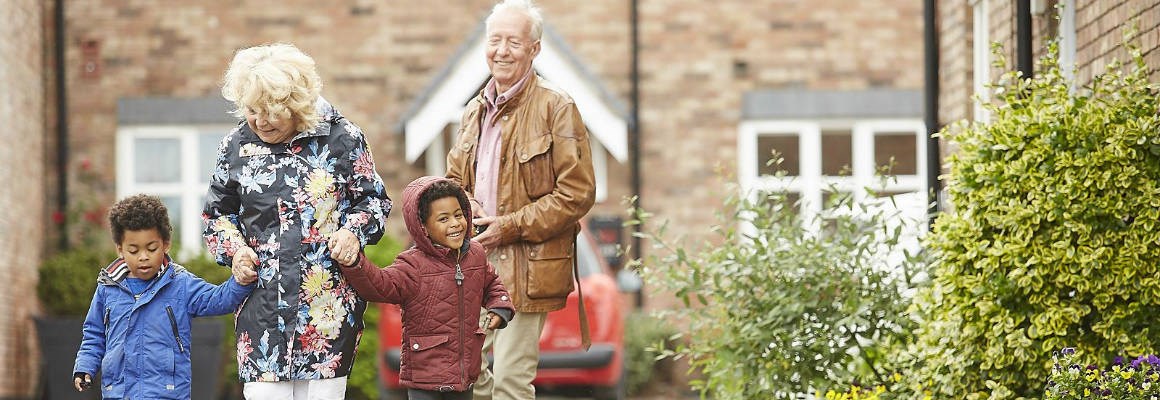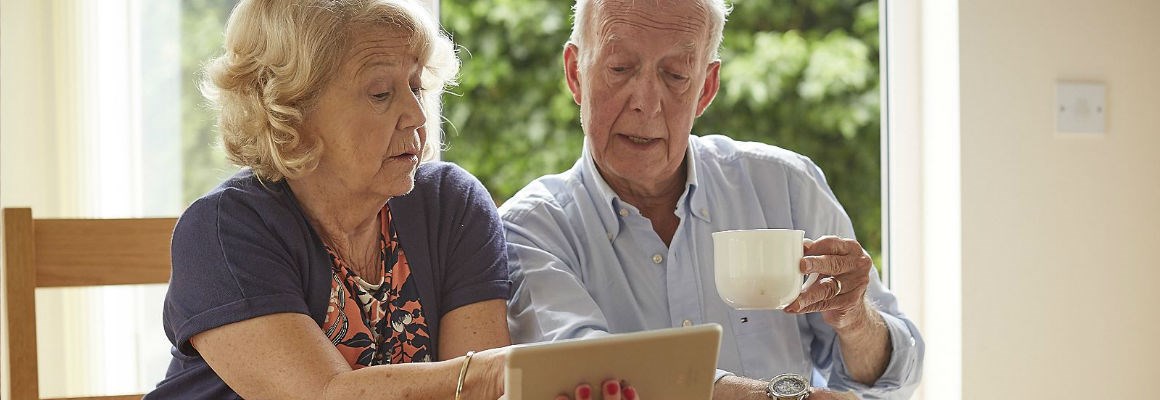Neighbourhood Watch & Safer Communities
20th July 2018
Most crooks aren’t exactly criminal masterminds.
Don’t imagine that the average housebreaker is a cunning cat burglar, dressed in black, who can enter your home undetected, then disappear into the shadows.
They’re usually unscrupulous opportunists; chancers who happen upon an open door or window, then grab whatever they can and run.
The more risks they see, the more likely it is that they will look somewhere else - and when communities work together, we can make the crooks’ lives a whole lot harder.
Sticking together, feeling safer
That doesn’t just apply to burglars. Anti-social behaviour, bogus callers, vandalism, vehicle theft and other types of crime can all be combated when people stick together.
It’s worth mentioning that overall crime has fallen over the last decade, and the chances of anyone being a victim of crime remain low.
You shouldn’t let the fear of crime rule your life, but if you want to help your neighbourhood feel a safer place, there are things you can do.

Neighbourhood Watch – is it effective?
One of the great crime prevention success stories is Neighbourhood Watch, sometimes known as Home Watch.
It’s the largest voluntary movement in the UK, and for 35 years has been bringing neighbours together to stand up to crime and anti-social behaviour with confidence.
It works too.
Research shows that four out of five Neighbourhood Watch schemes have effectively cut crime in their communities, compared to areas where no scheme existed.
Neighbourhood Watch isn’t about being a nosy neighbour. It’s about being a good citizen who cares about your community and the people who live there.
It provides a visible deterrent to criminals: Neighbourhood Watch signs indicate that this is a community of people who are looking out for each other.
And local people with local knowledge can spot unfamiliar faces or anything out of the ordinary, like a neighbour whose post is piling up.
Is Neighbourhood Watch in my area?
You can check if your area has a Neighbourhood Watch scheme by entering your postcode at the ourwatch.org.uk website.
The site can put you in touch with your local scheme coordinators, who will help you join, supply window stickers for your home, share crime prevention advice and keep you informed about local news and activities.
If there isn’t a scheme up and running in your area, why not set one up?
The first step here is always to speak to your neighbours and see if they are interested in getting involved - the more members there are, the more successful a scheme is likely to be.
The entire neighbourhood doesn’t need to join up, but as long as there are enough people to keep an eye out and liaise with the police, it can prove effective for everyone and help build confidence in your community.
Are the Police involved in Neighbourhood Watch?
The police don’t run Neighbourhood Watch, but they are involved and there is a close relationship between the two organisations; they regularly meet to discuss local issues.
A fantastic side effect of Neighbourhood Watch is that it can help combat the isolation and lack of confidence that some people can feel, particularly older people.
Knowing that there are people out there looking out for you can help fight the fear of crime, and that can mean a lot.

Local community social media groups can help
Of course, social media has changed the way that communities interact hugely, and many Neighbourhood Watch schemes have adopted messaging apps like WhatsApp and social media sites including Facebook to share information and report crimes to the police.
It’s proving a practical way to get the message out there quickly.
A word of warning though, make sure you check out any groups before you join to make sure they are legitimate, and, as always, be careful about giving away too much personal information online, for example, if you’re going on holiday and your home is going to be empty.
Most communities also now have an informal online social media group where local people meet up to chat about everything from bin collections to school fetes, and these too are increasingly being used to share crime prevention information.
Sometimes groups are being set up to address specific issues that spring up in specific places, like vandalism or cycle theft.
Police posters
The police are also plugged in to social media, including Twitter, which is connecting them with the public like never before.
Following your local police officers or neighbourhood policing team means you can find out about incidents and issues in real time, which could be anything from warnings about bogus callers in your area, to road closures after traffic accidents.
They also often share their recent successes, like crimes that have been solved and criminals who have been successfully prosecuted.
When crime is a concern in your community, it can be reassuring to hear some good news too!
This article is part of Swinton’s Summer Safe campaign. We’ve teamed up with Yale Locks, along with consumer champion and home security expert Dom Littlewood to share advice and create a series of video guides designed to help you stay safe and secure this summer.